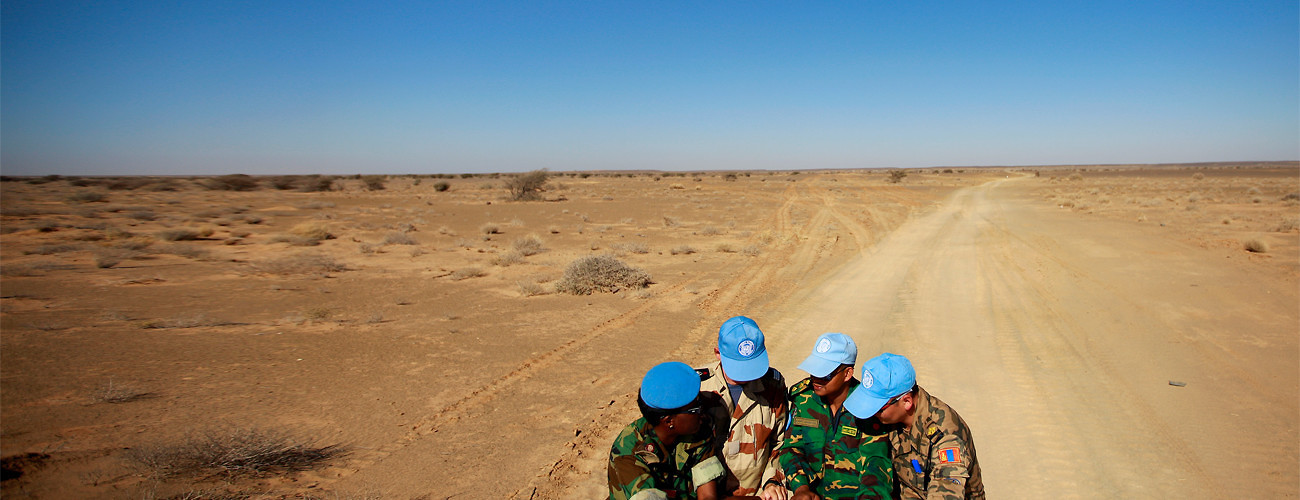This report analyzes the limitation of the UN system for generating contributions of personnel and equipment for peace operations, otherwise known as force generation. United Nations peacekeeping operates the second largest global deployment of troops and yet must do so with no standing or reserve army. This means the UN must constantly mobilize and rotate voluntary contributions of nearly 100,000 uniformed personnel and related equipment from more than 100 different member states.
Force generation efforts are therefore of critical importance yet remain relatively understudied. To seize potential opportunities in generating better capabilities to UN operations while also filling capability gaps, the UN must reform the way it thinks about and executes force generation.
The report identifies key constraints to the current system in five areas: planning, communication, troop-and-police-contributing country (TCC/PCC) selection, knowledge management, and performance/incentives.
The report also makes two types of recommendations. First, it proposes a set of technical and immediate proposals to improve the efficiency and effectiveness of UN force generation. Second, it sketches some more fundamental proposals aimed at strategic reforms to address the most critical force generation issues related to strategic planning and outreach, incentives and mechanisms for greater accountability, and developing capability-driven military planning.
The report is the second in IPI’s Providing for Peacekeeping series. The first report was “Broadening the Base of United Nations Troop- and Police-Contributing Countries.”
About the authors:
Adam Smith is a Research Fellow and Manager of the Peace Operations Program at the International Peace Institute (IPI).
Arthur Boutellis is a Research Fellow, Adviser to the Peace Operations and Africa Programs at the International Peace Institute.








